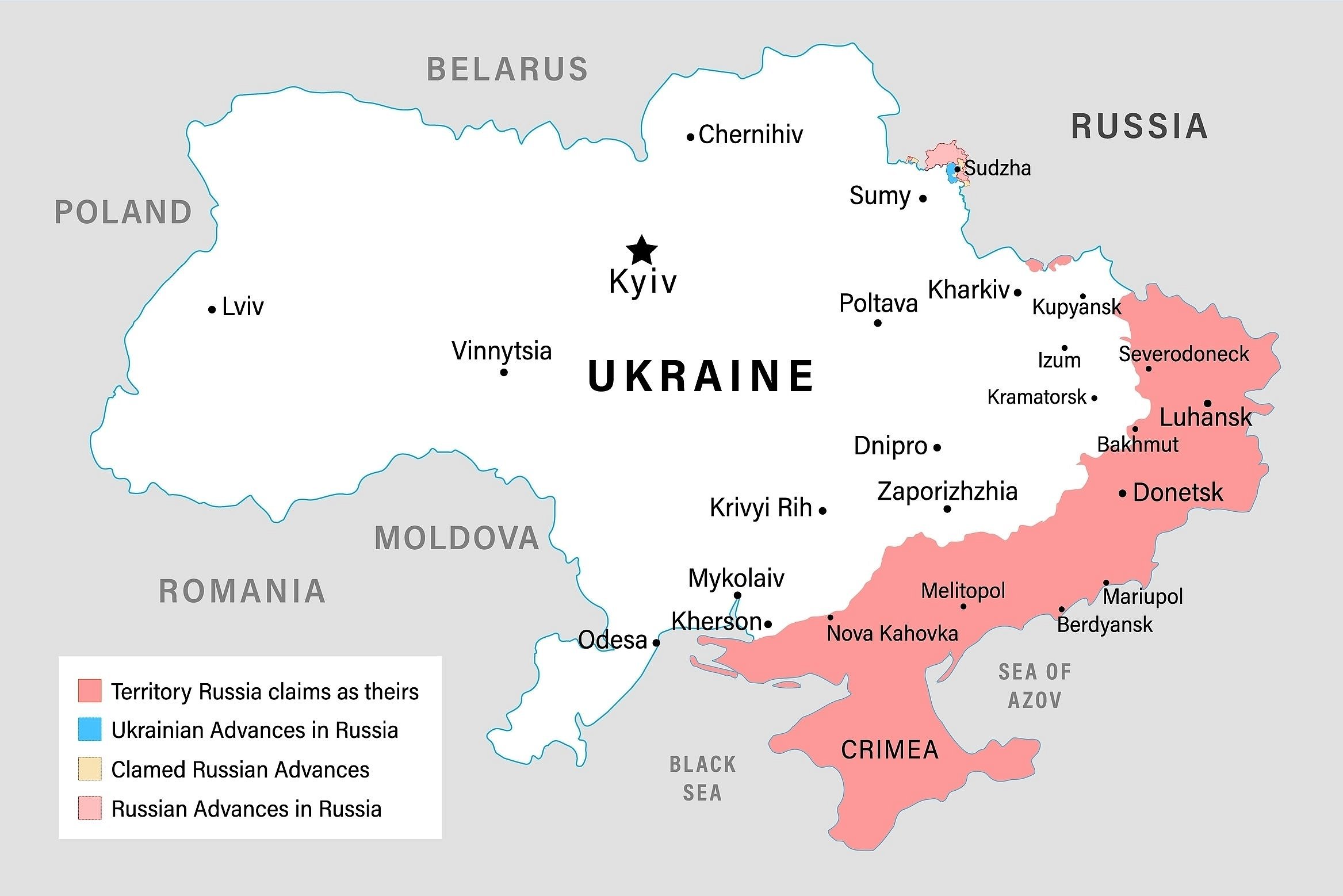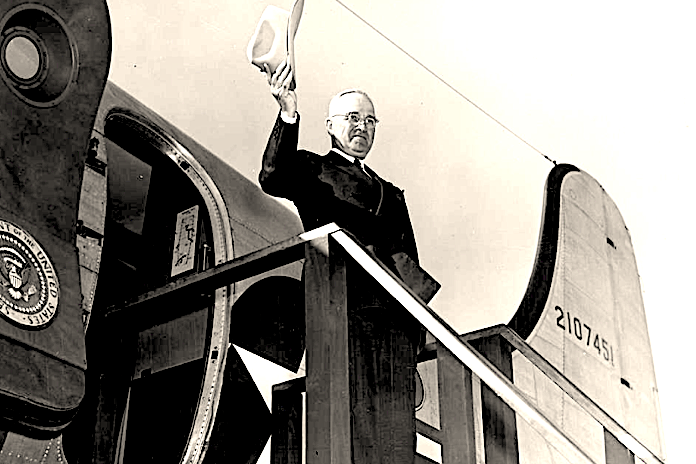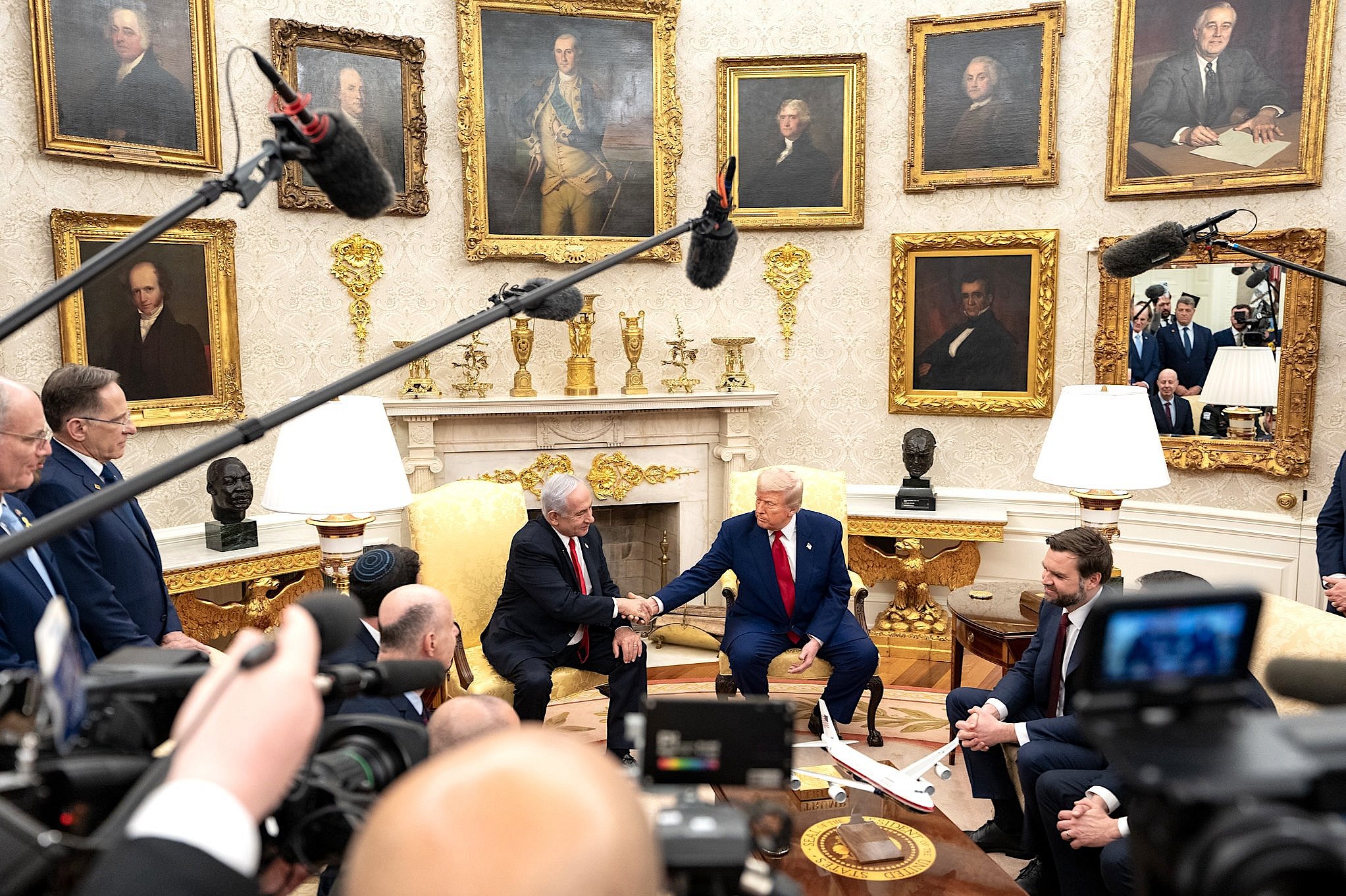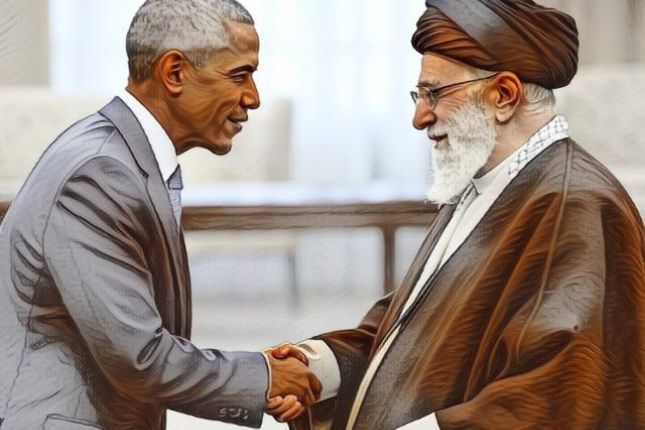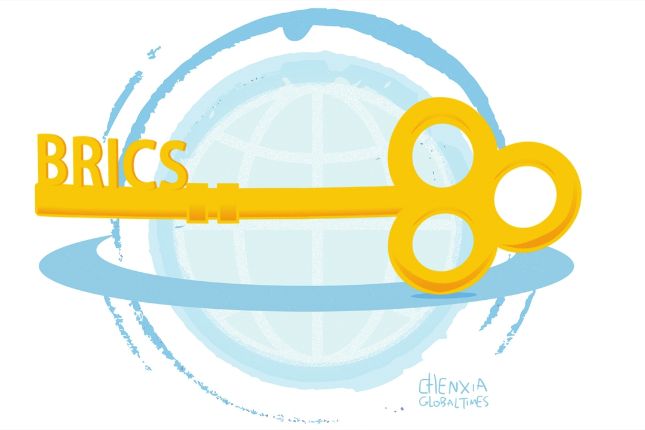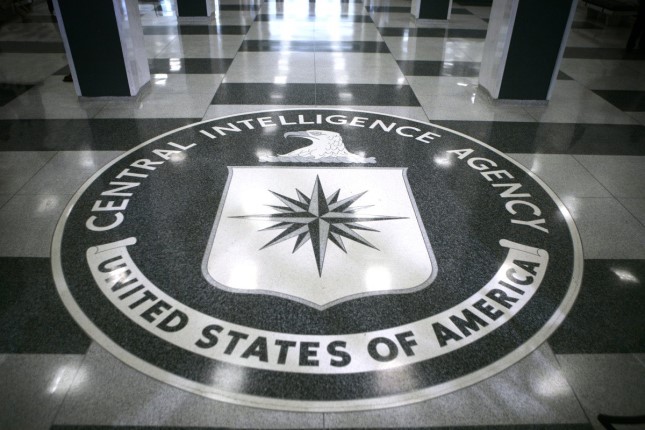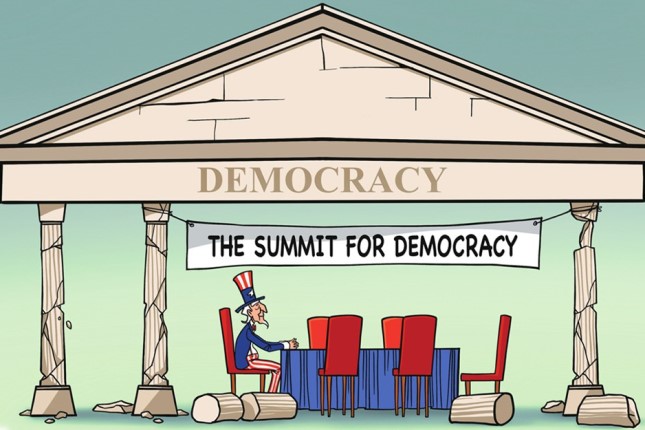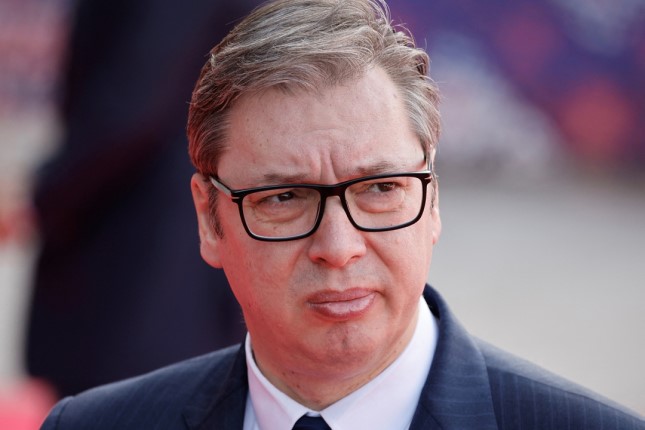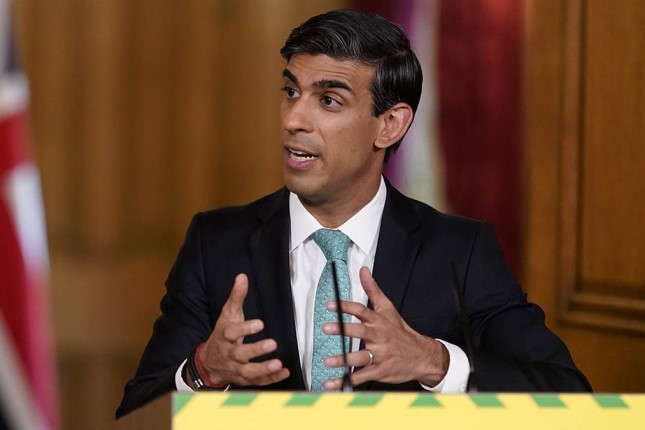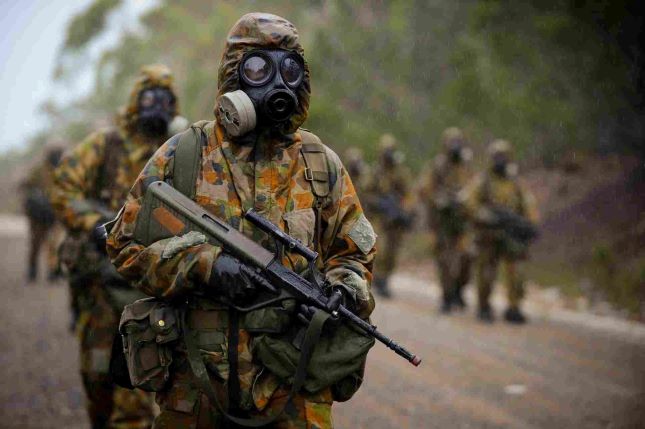NATO’s European members (with the partial exceptions of Hungary and Turkey) continue to support Kyiv’s uncompromising stance. Indeed, many European leaders seem even more insistent than Zelensky himself regarding the issue. Persisting in such recalcitrance, though, guarantees that even more Ukrainians will perish in a hopeless cause.
Insisting on giving no territorial concessions to Moscow ignores current and prospective battlefield realities. Like it or not, Russia is slowly but inexorably winning the grinding war of attrition. Given its larger population and greater economic and military resources, those advantages will become even more significant the longer the war drags on.
Flatly rejecting territorial sacrifices also ignores the history of how most armed conflicts in Europe and elsewhere in the world have ended. Countries that lose a war typically also have to accept the loss of territory. One need only look at how national boundaries throughout Europe have shifted repeatedly just during the era that the United States has been independent (a mere 249 years) to confirm that point. Countries that were once major powers (such as Austria-Hungary or the Ottoman Empire) no longer exist. The process of disintegration frequently took place in multiple stages, and the entities that are around today sometimes barely resemble their original incarnations. Still other countries, such as Poland, have gone through cycles of obscurity and prominence, and are on the upswing today.
A crucial point is that most of those territorial shifts did not take place peacefully, but reflected the outcomes of nasty bilateral or regional power struggles. Indeed, for all of its self-serving rhetoric about promoting a “rules-based international order,” NATO members have not only endorsed but also initiated violent territorial changes when it served the interest of the major Western powers. The United States and its allies presided over (if not orchestrated) the disintegration of Yugoslavia in the 1990s. They decided which ambitious successor states would receive the West’s authorization, and which ones would not.
Pro-NATO components of Yugoslavia such as Slovenia, Croatia, Montenegro, and Macedonia readily received blessings from the Western powers. The self-proclaimed Republika Srpska (RS), widely viewed as pro-Russia, did not. Instead, NATO planes proceeded to bomb Serbian proponents of an independent RS or a merger with Serbia. Western leaders took that step even though their preferred alternative of an independent Bosnia automatically combined three antagonistic ethnic groups into an artificial, ungovernable country. Serbia was later allowed to become independent, but only if it relinquished any ambitions to merge with the Republika Srpska. If NATO’s attack on the RS did not demonstrate the West’s willingness to dictate boundaries by force, the Alliance’s subsequent military intervention to secure insurgent Kosovo’s independence from Serbia made the existence of double standards indisputable. In light of such a track record, the current wailing and expressions of outrage coming from NATO’s leaders about Moscow’s demand for Ukraine territorial concession carry more than a small stench of hypocrisy.
To his credit, President Donald Trump acknowledges that any viable peace agreement between Kyiv and Moscow will require Ukraine to accept the reality of defeat and make territorial concessions – along with renouncing any ambitions to join NATO. Ukraine certainly must accept that Crimea is part of Russia – as it was from 1782 until 1954. In the latter year, Soviet dictator Nikita Khrushchev arbitrarily transferred sovereignty of the peninsula from Russia to Ukraine. The reason for his decision remains unclear to this day. He may have sought to make amends for his brutal treatment of the Ukrainian population as Stalin’s henchman running Ukraine during the 1930s. It also could have been a political payoff for his rise to preeminence through the ranks of the Ukrainian Communist Party. It may even have been little more than a drunken impulse.
At the time, the territorial change didn’t matter much in operational terms, since both Ukraine and Russia were constituent parts of the Soviet Union. It was akin to transferring title and adjusting the boundaries to put Oklahoma in charge of a territory that had belonged to Texas. When the Soviet Union dissolved, though, it became a much bigger issue, since Russia’s crucial naval base at Sevastopol was now in Ukraine. When Washington and other key players helped overthrow Ukraine’s pro-Russia president, Viktor Yanukovich, in early 2014, Vladimir Putin’s regime struck back, seizing Crimea after a hastily arranged, dubious referendum.
Given its strategic and symbolic importance, Russia is highly unlikely to return Crimea to Kyiv. The fate of Ukraine’s industrial Donbas region, heavily populated by Russian speakers, is more uncertain. Moscow will not withdraw entirely from Donbas, but it has signaled some flexibility regarding the features of a territorial division.
Peace negotiations between Moscow and Kyiv should focus on resolving the Donbas issue through compromise. However belatedly, Zelensky needs to be realistic. Ukraine has lost the war, and he must stop listening to Ukraine’s “friends” in the United States and Europe. Such individuals seem perfectly willing to see the war continue indefinitely, even if the carnage means fighting to the last Ukrainian. It will be a bitter lesson for Zelensky and his followers to acknowledge that Ukraine was cynically used by NATO in a proxy war to weaken Russia, but that is the reality. Kyiv now needs to make the necessary territorial sacrifices, foreswear ambitions to join NATO, and negotiate the best, strictly neutral relationship that it can with its larger, more powerful neighbor.
Source: AntiWar.com.
